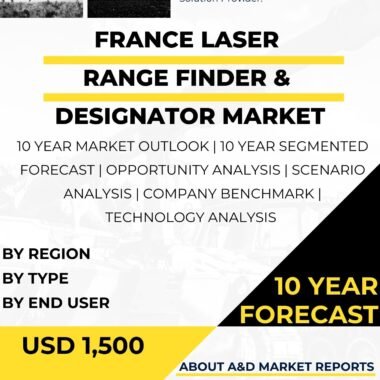Description
Belgium?s 155mm artillery shell market represents a critical component of the country?s defense capabilities, reflecting the nation?s ongoing commitment to modernizing its artillery and long-range firepower systems. The 155mm caliber is widely used in both self-propelled and towed artillery platforms, offering a balance between range, destructive capability, and operational flexibility. In Belgium, domestic defense manufacturers and European defense collaborations, particularly through NATO frameworks, play a central role in the production, procurement, and modernization of these munitions. The market is shaped by Belgium?s strategic focus on interoperability with allied forces, ensuring that 155mm artillery shells meet NATO standards for compatibility and performance. Belgian defense priorities emphasize precision, extended range, and enhanced lethality, prompting the adoption of advanced projectile technologies, including base bleed, rocket-assisted, and guided artillery shells that provide improved accuracy and reduced collateral damage.
Belgium?s 155mm artillery shell market is driven by the need to equip modern artillery systems with ammunition that can operate reliably in diverse operational environments. Rigorous testing, including ballistic performance evaluation, environmental stress assessment, and compatibility verification with artillery platforms, ensures that munitions meet stringent safety and performance requirements. The adoption of precision-guided shells, incorporating GPS or inertial navigation guidance, allows Belgian forces to engage targets at extended ranges while minimizing collateral damage, reflecting contemporary military doctrines that prioritize accuracy and mission effectiveness. The market also benefits from Belgium?s participation in European collaborative programs, which facilitate shared research and development resources, standardization, and cost-efficient production strategies. Research initiatives within Belgium focus on enhancing propellant performance, improving casing materials, and integrating smart fuzing technologies, enabling more effective engagement of both fixed and mobile targets.
Another important driver of the Belgian 155mm artillery shell market is the focus on operational readiness and supply chain reliability. Belgium?s armed forces require munitions with extended shelf life, resilience to environmental factors, and compliance with stringent storage and transportation regulations. Domestic and European suppliers are working to ensure that production processes are optimized for quality control, repeatability, and cost-effectiveness. Additionally, as artillery systems are upgraded with modern fire control and targeting systems, the ammunition must be compatible with enhanced ballistic computation and automated firing solutions. The increasing emphasis on precision and networked artillery operations underscores the need for continuous innovation in Belgium?s 155mm ammunition market, including the integration of digital guidance, telemetry-enabled projectiles, and multi-effect warheads suitable for diverse tactical scenarios. Challenges in this market include high production costs, the need for advanced manufacturing capabilities, and adherence to international arms control standards, all of which are addressed through collaboration with NATO allies, research institutions, and specialized industrial partners.




